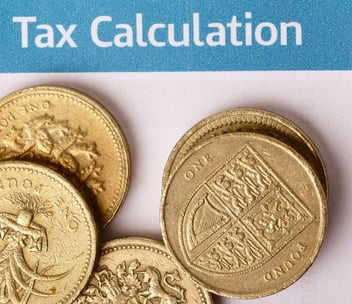BLOG PERSONAL TAX
Payments on Account - due soon!
The deadline by which to pay your second payment on account for your self assessment tax return is fast approaching, with payment due by 31 July 2025.
What is a Payment on Account?
A payment on account is an advance payment towards your self-assessment tax bill for the following tax year. It is designed to help spread the cost of your tax liability across the year rather than paying a lump sum all at once. Payments on account are calculated based on your previous year’s tax bill, excluding any student loan repayments or capital gains tax.
Do You Need to Make a Payment on Account?
You are required to make a payment on account if your last self-assessment tax bill was more than £1,000 and you did not pay more than 80% of the total tax owed at source (e.g., through PAYE).
If this applies to you, the payment amount due is usually noted in your most recent self-assessment tax return on the Tax Payment/Repayment Summary page, typically the last page of the return.
Consequences of Late Payment
It is crucial to ensure your payment is made on time. Missing the 31 July 2025 deadline may result in late payment penalties and interest charges. To avoid this, it is advisable to make your payment well in advance of the deadline.
How to Make a Payment
You can make your payment electronically using the following HMRC bank account details. Your bill will tell you which bank account to pay into. If you do not have a bill, or you’re not sure, you can pay into either account.
Account 1:
-
Accounts Office: Cumbernauld
-
Sort Code: 08-32-10
-
Account Number: 12001039
-
Account Name: HMRC Cumbernauld
Account 2:
-
Accounts Office: Cumbernauld
-
Sort Code: 08-32-10
-
Account Number: 12001020
-
Account Name: HMRC Shipley
When making your payment, remember to include your tax reference number, which can be found on your self-assessment tax return. Make sure to add a ‘K’ at the end of the number (for example, 1234567890K).
Final Tips
-
Double-check the amount due on your Tax Payment/Repayment Summary.
-
Set up your payment well in advance to avoid any last-minute issues.
-
Keep a record of your payment confirmation for future reference.
By ensuring your payment on account is made on time, you can avoid unnecessary penalties and stay on top of your tax obligations.







.jpg?width=1500&height=1000&name=amy-hirschi-K0c8ko3e6AA-unsplash-(5).jpg)

